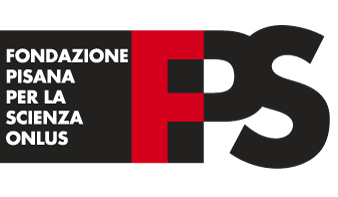Neuroscience
In the last decades, a huge effort has been devoted toward the comprehension of the human brain, its organization and functions. In particular, FPS research in Neuroscience is oriented toward the investigation of the molecular factors that orchestrate human cortical development, and of the elements of uniqueness that differentiate it from less evolved species.
By using in vitro systems that recapitulate human corticogenesis from neural stem cells until functional maturation it is indeed possible to analyze the cellular dynamics playing in neurons and glia of this specific anatomical area. This experimental approach has recently allowed us to investigate cortical astrogenesis processes and eventually to identify human-specific astroglial markers, absent in the murine model, thus underling the limitations of mouse models for the study of human brain and, contextually, the importance of a cellular platform to obtain bona fide human astrocytes.
The cerebral cortex is also one of the areas mostly hit by neurodegenerative pathologies, such as Alzheimer’s disease, to date one of the most largely diffused neurological conditions of the senile age. Astrogliosis or reactive astroglia characterizes Alzheimer’s affected brain, especially in proximity of amyloid depositions that histopathologically define the disease. Recent evidences suggest that astrogliosis processes can significantly contribute to Alzheimer’s disease etiopathogenesis. At this regard, FPS research is focused on the study of the molecular mechanisms underlying astrogliosis in neurodegenerative disorders and to the identification of biomarkers to facilitate early diagnosis.
